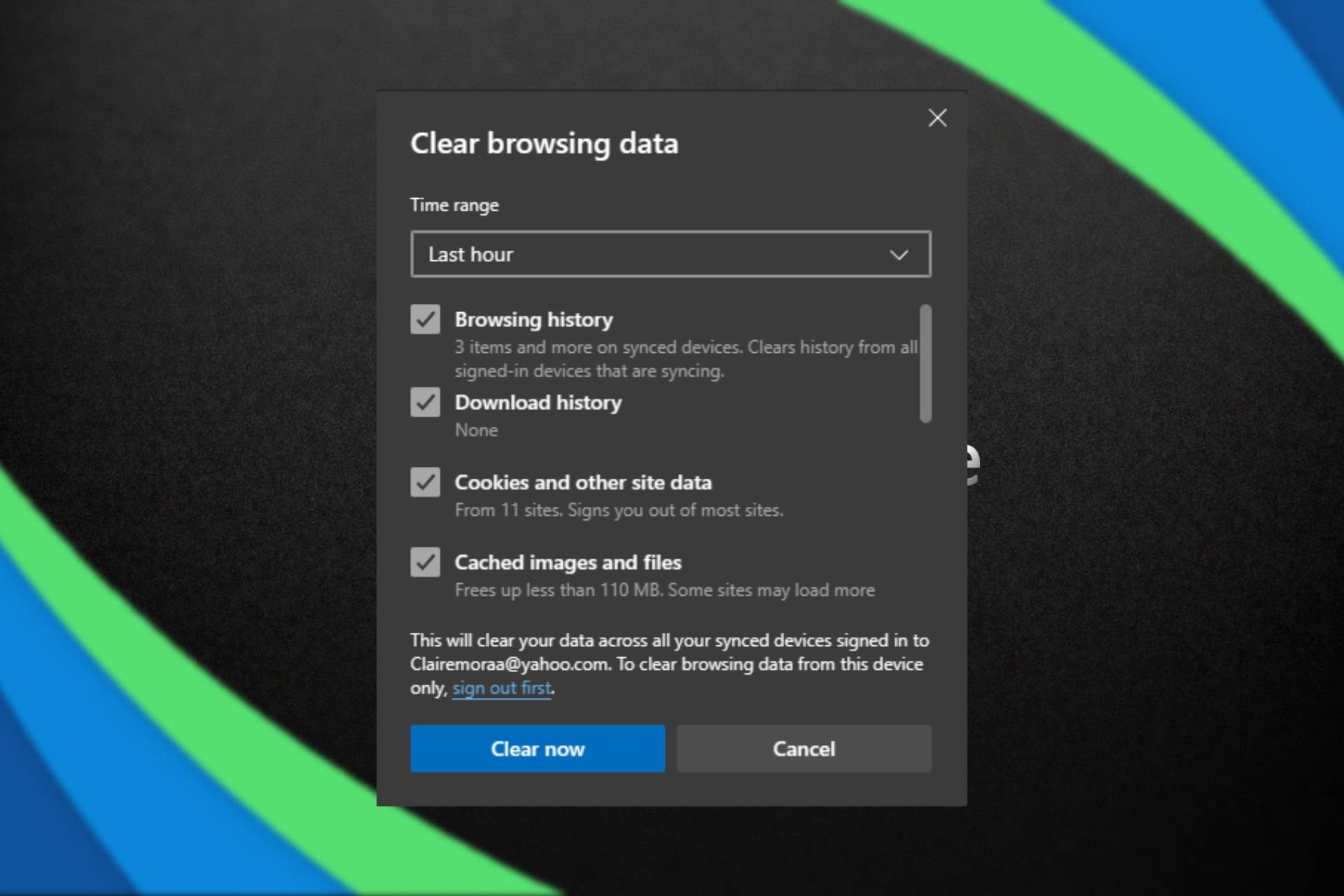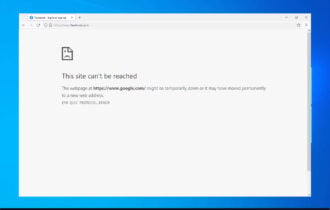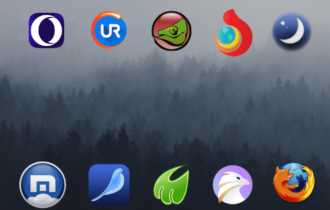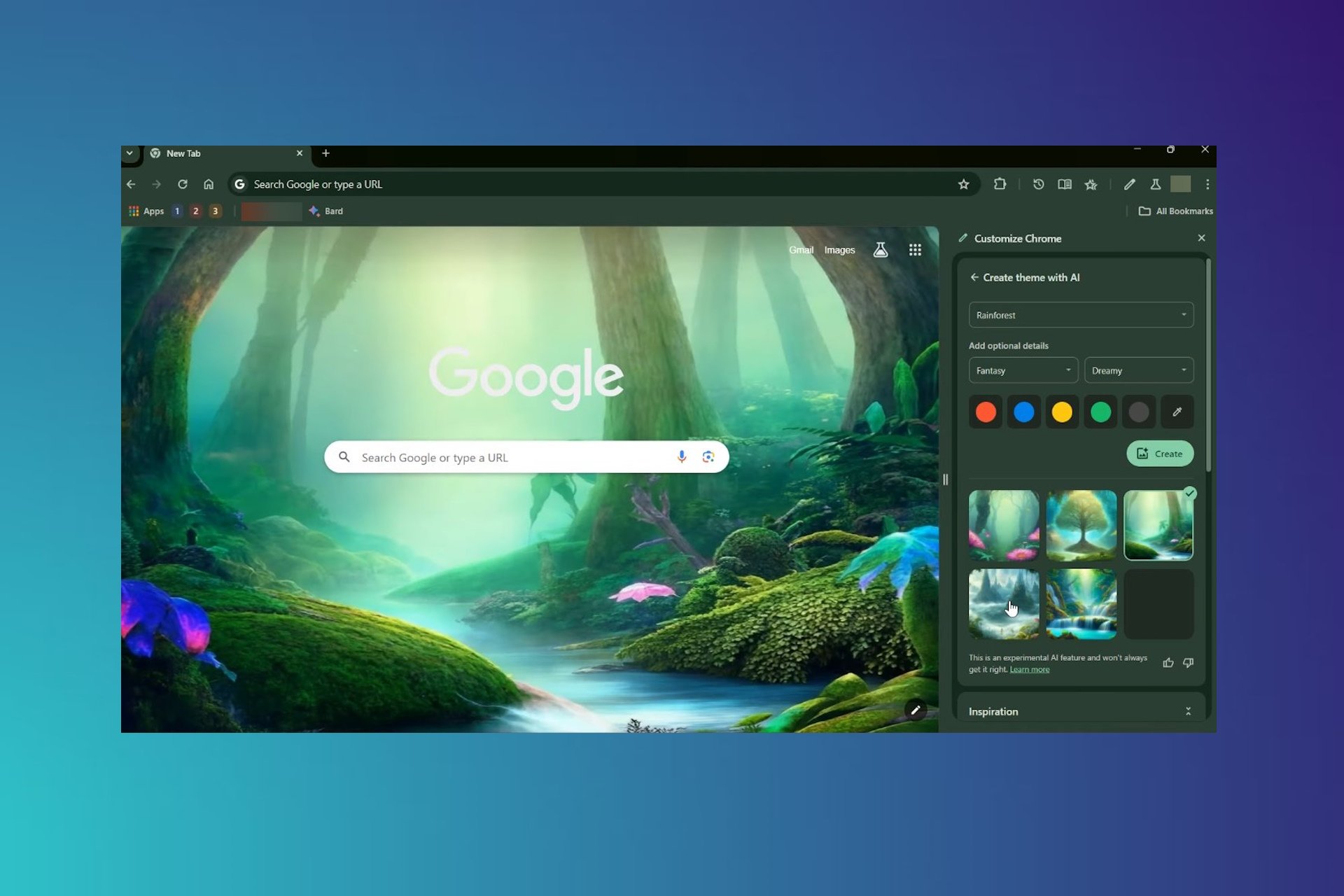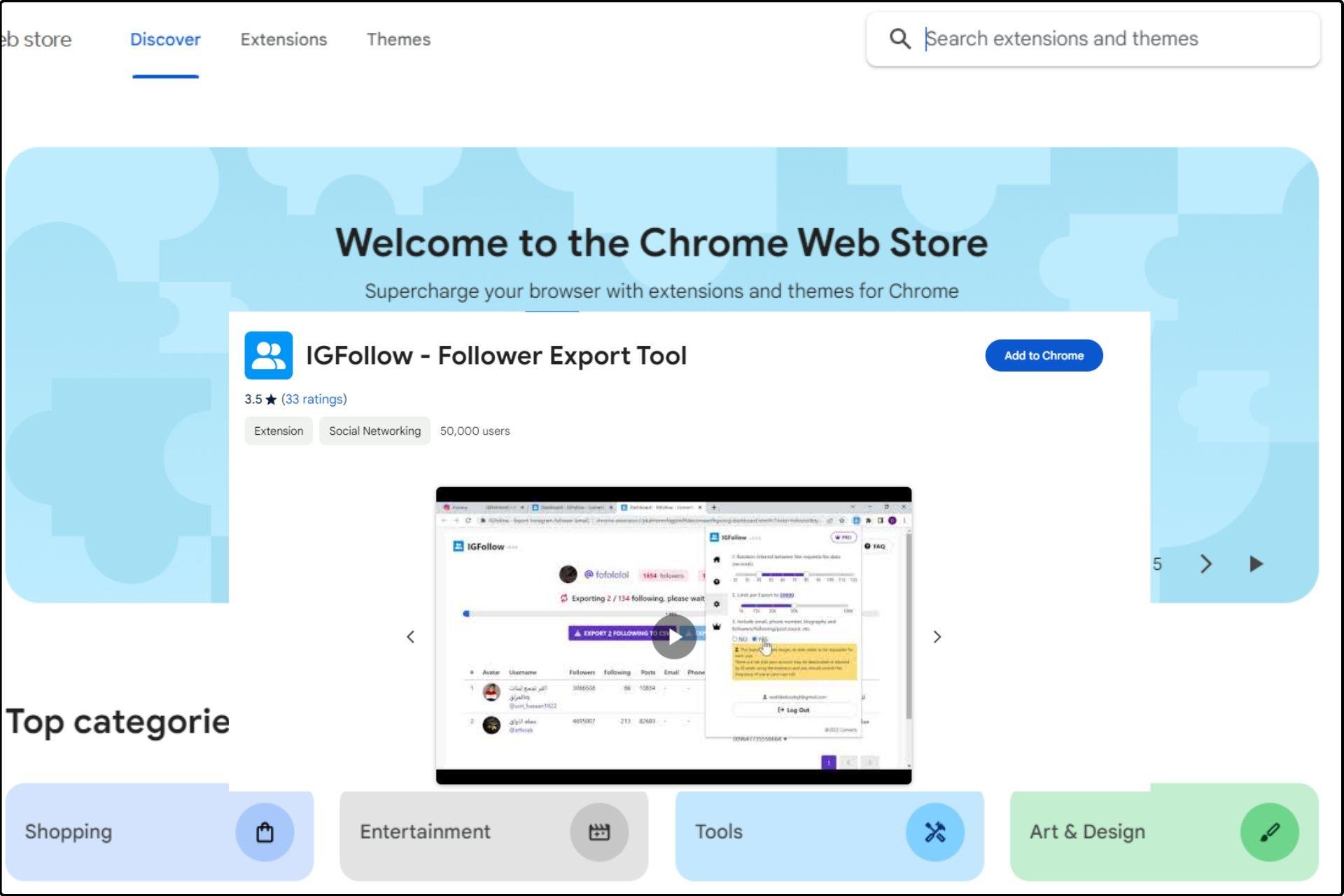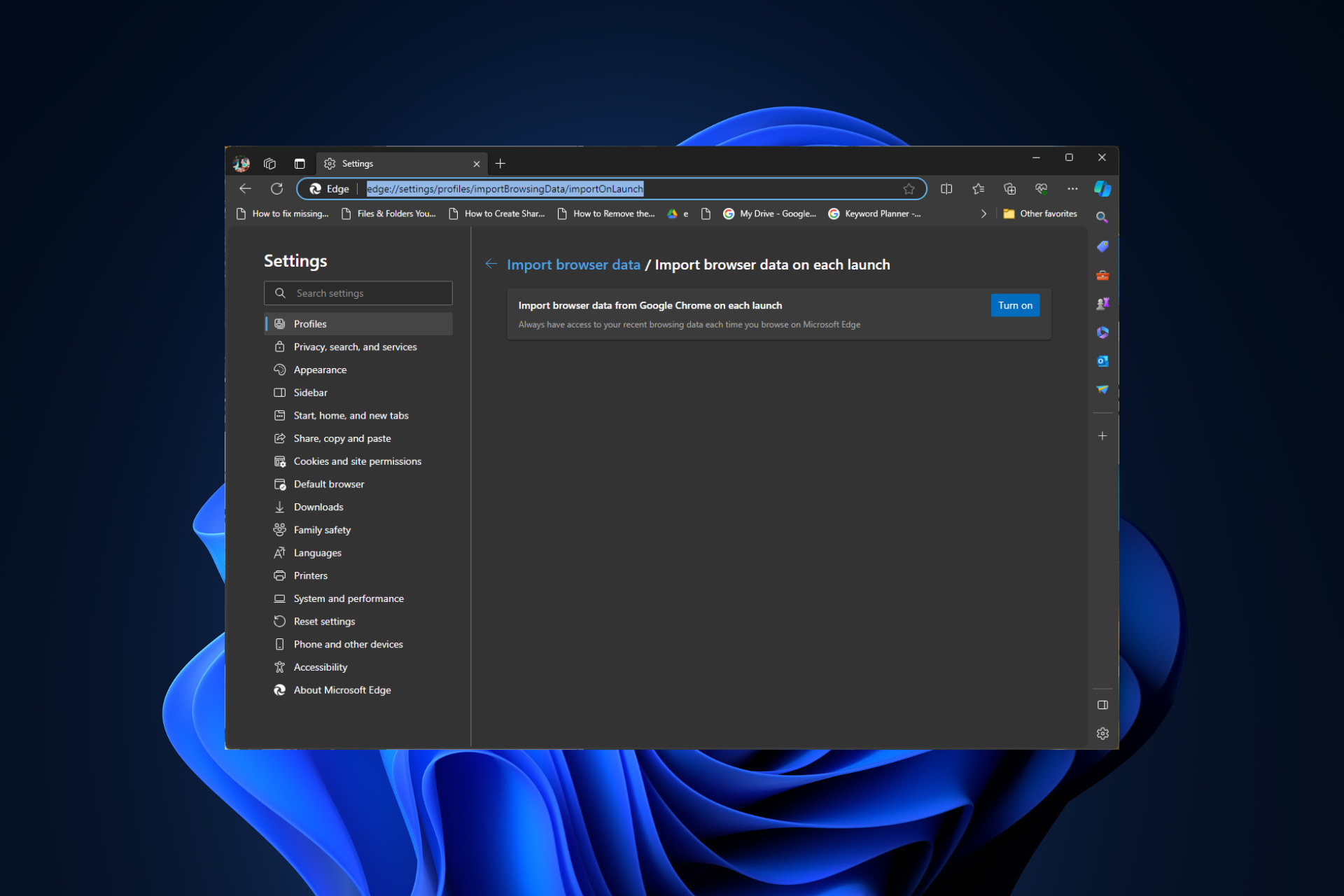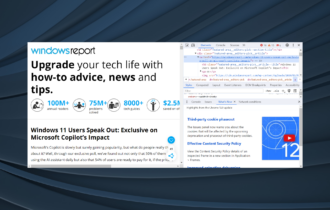Which Browser Uses the Least RAM and Resources in 2024
Our expert testers have chosen the least resource intensive browser
8 min. read
Updated on
Read our disclosure page to find out how can you help Windows Report sustain the editorial team Read more
Key notes
- There are many excellent browsers on the market, but some use too many system resources, lowering the speed of your device.
- You'll find excellent functioning, up-to-standard web browsers with lower memory usage in this list.
- The software below offers different features such as built-in free VPN or advanced browsing privacy options, so stick around to see which one meets your needs.
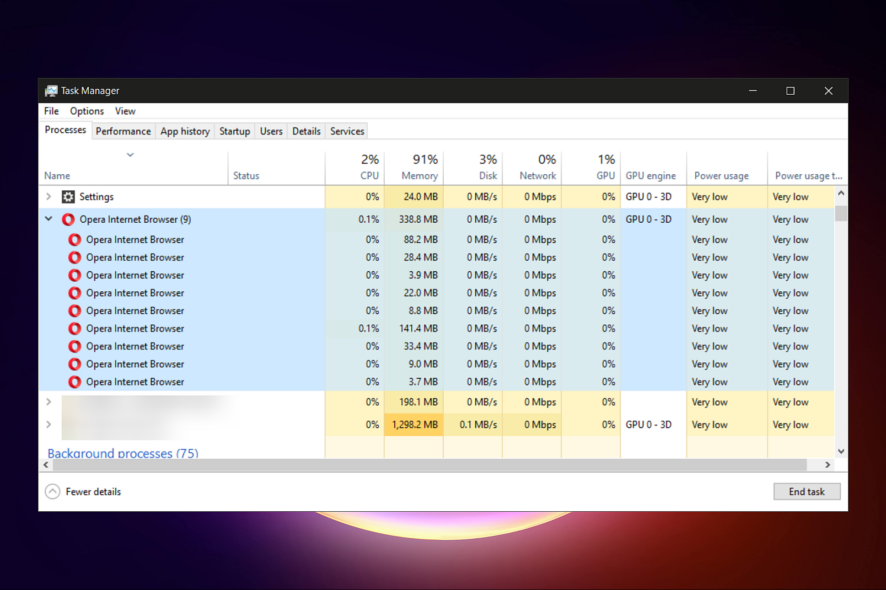
Browsing the Internet is one of the favorite activities of people across the globe. The situation gets more challenging when you have limited RAM or memory.
While you can use a dedicated RAM cleaner tool to help you out, a low-memory browser might also be something you can look for.
For these reasons, this article will explore some of the best browser options that allow you to get the whole online experience without needing to upgrade your PC.
We will also observe other aspects of each of the browsers presented here, but our main focus will be those with low system impact. Naturally, our interests are just as different as our needs.
While some are eager to know which browser uses the least RAM, others are keener on discovering which browser uses the least resources.
That’s where we come into play. Here’s a freshly compiled table to showcase browser RAM usage comparison.
What browser uses the least RAM? (and CPU)
Take your time and explore the variety of benchmark results when it comes to almost all browsers on the market by researching our content table.
To better understand the circumstances of these tests, it is worth mentioning that all browsers were tested on the same PC and under the same conditions.
| Browser | CPU Usage | Memory Usage |
|---|---|---|
| Opera One | 0.7 - 1.0 % | 400- 620 MB |
| UR Browser | 0.8 - 2.0 % | 657 - 651 MB |
| Falkon | 2.3 - 3.1 % | 387 MB |
| Slim Browser | 1.9 - 2.8 % | 410 - 420 MB |
| SeaMonkey | 2.2 - 3.1 % | 336 - 353 MB |
| Maxthon | 2.2 - 3.1 % | 290 - 336 MB |
| Firefox | 1.4 - 2.3 % | 415 - 478 MB |
| K-Meleon | 1.4 - 2.5 % | 160 - 170 MB |
| Lunascape Orion | 2.2 % | 259 MB |
| Midori | 2.4 - 3 % | 355 MB |
| Pale Moon | 1.5 - 2.9 % | 539 MB |
| Mypal | 2.6 - 3.1 % | 569 MB |
If you were wondering which browser uses the least RAM and CPU, it is Opera One. This powerful browser uses only 0.7 to 2.0% of your CPU, and around 600MB of RAM, making it perfect for both 1GB RAM, 2GB RAM, and beyond.
When it comes to how much RAM a browser should use, you should know that there is no specific amount of RAM that a browser should use, as the answer depends on how you use the PC.
This splits situations like this into three separate groups:
| Type of user | Usage | RAM requirement |
|---|---|---|
| Casual user | simple internet browsing, email exchange, watching videos, listening to music, etc. | you can perform these browser tasks without any problems if your system has at least 1-2 GB of RAM |
| Intermediate user | browsing, word processing, spreadsheets, multitasking, running simple graphic programs, etc. | you will be able to seamlessly complete your actions if your system has between 2 and 4 GB of RAM. |
| Professional user | high-performance online gaming, graphic design/3D modeling, intensive multitasking, ultra-high-definition videos, multimedia editing, etc. | anything less than 8GB will severely impact the way you can achieve your online goals, and the processes will also lag considerably. In order to be fully ready for this type of task, 16GB or 32GB RAM is recommended |
First, analyzing the above information will ensure that you estimate the amount of RAM you should aim for depending on your device usage.
Let’s move on and find out what browser offers the perfect balance between system requirements and speed, agility, stability, and security.
Which browser uses the least RAM?
Opera One – Low impact on resources & AI tools
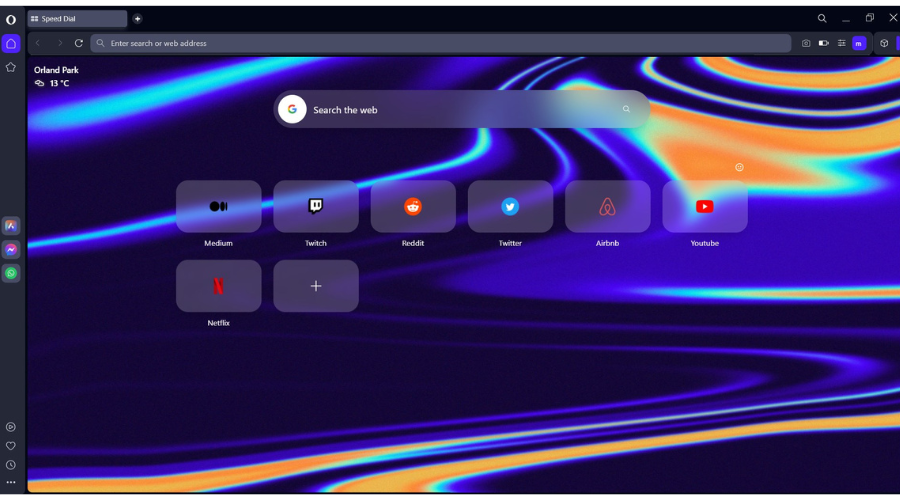
Opera One is an excellent Internet browser that works well on low-spec systems. It can be customized with add-ons and different types of plugins, allowing you to tailor your experience to your needs.
Regarding web page loading speeds, Opera One comes in 1st place in our top 3. This browser puts the least strain on your computer and uses the least resources.
Even though the speeds registered by Opera One in our tests are close to those registered by UR Browser, a little is a lot, depending on your PC.
For this reason, it lands first place as the browser that uses the least amount of PC memory, while UR takes second place. A few MB less of system resources can have a big impact.
The security features are better than other browsers like Chrome or Firefox, offering excellent protection against malware, phishing attempts, and other cyber threats.
If you’re looking for a less RAM-consuming PC browser, Opera One will be the perfect pick.
Here are some of the best features found in Opera One:
- Can customize the toolbars by pinning icons
- One-click bookmarking
- Mouse gestures
- Tab-stacks features – tab islands
- Security settings for malware and phishing that need configuration to work
- Compatible with Windows, macOS, and mobile devices

Opera One
When it comes to having limited computer resources, Opera is the best choice for faster browsingUR Browser – 3 different levels of privacy/security
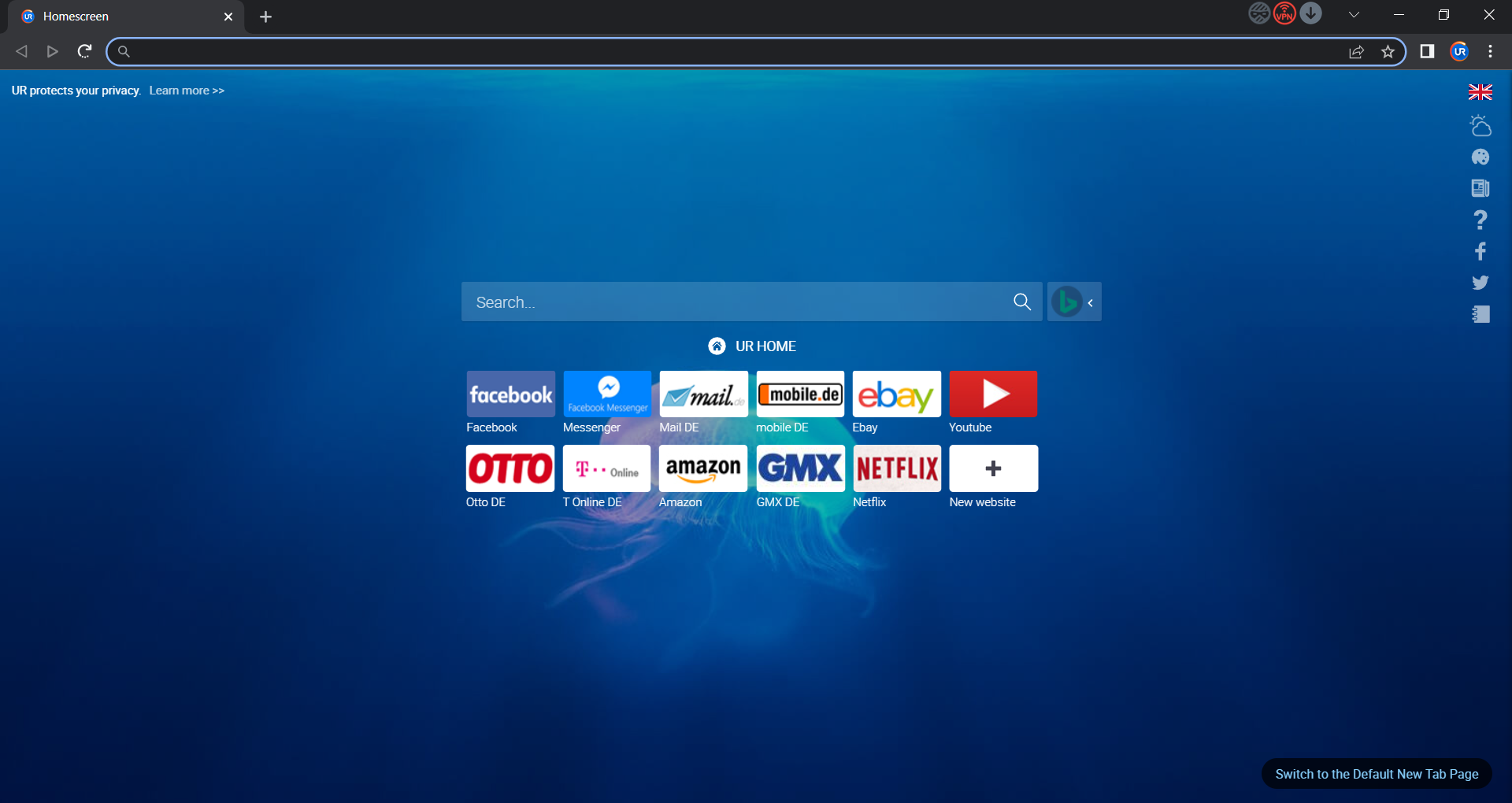
UR Browser is our second pick on the list of browser options that allow you to have the full online experience without needing a high-end PC.
Thanks to its sophisticated programming, UR Browser goes easy on your system resources. The memory consumption is much lower than on Chrome, right at the top with Firefox.
This browser was designed to require as few resources as possible to run and still offers access to a wide range of unprecedented features in the market.
Here are some of the best features found in UR Browser:
- Very fast web-page loading speeds
- Very low impact on system resources
- Built-in VPN service
- Ad-blocker
- Malware blocker
- 3 levels of privacy to choose from (Low, Medium, and High)
Besides all the features mentioned above, UR Browser has a very useful Home Screen that will automatically be populated with news and updates tailored to your interests.
This software also doesn’t allow any cookies or trackers based on your settings, no matter what site you visit.
Customization options come in numbers, and you’ll happily apply all the little tweaks this Chromium-based browser offers.
If you’ve made it your mission to find out which browser uses less RAM, then UR Browser is a choice that makes sense, so we encourage you to try it out.

UR Browser
With fast web page loading speeds and a decent ad-blocker, UR Browser promises low memory usage.K-Meleon – Simple yet very low resource requirement
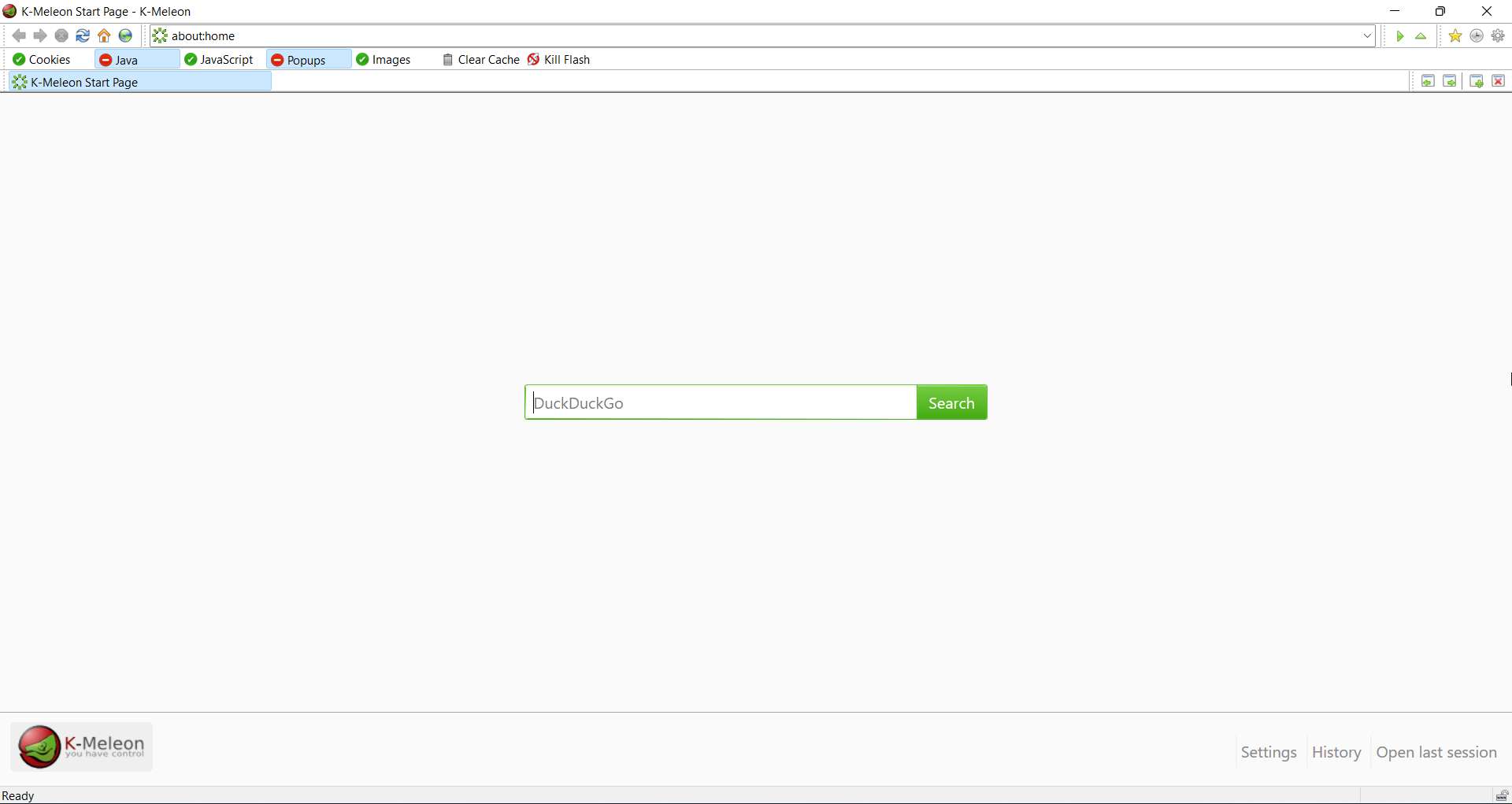
The open-source K-Meleon is a fast and flexible web browser created with Microsoft Windows in mind. It also can use the Mozilla Gecko layout-based secure Goanna engine.
K-Meleon supports macros and configuration files, allowing users to adjust most of the browser’s features on outdated operating systems and hardware that more contemporary internet browsers do not support.
The browser’s very adaptable interface is one of the reasons we appreciate it. Employing text-format config files, all toolbar buttons and menus may be changed.
This function comes in handy when the browser has to be altered for public use, such as at an Internet café or library.
Additional features:
- Popup blocker
- Quick search support
- Mouse gestures
Lunascape Orion – Simple interface with acceptable loading speeds
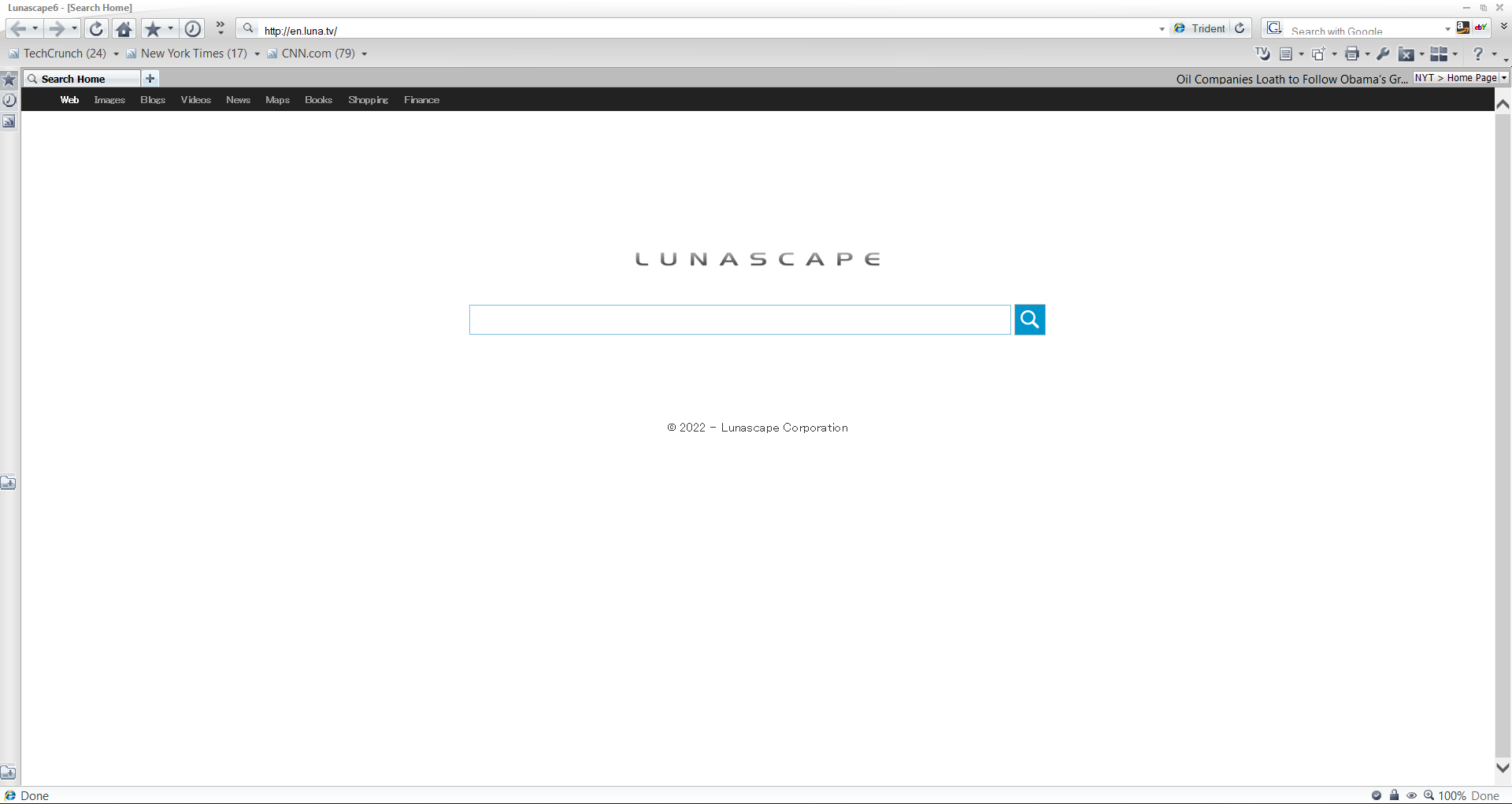
Here is a typical web browser that is straightforward to use. The Gecko engine-powered browser’s technology provides quicker startup and javascript execution than other browsers.
Additionally, it may launch more quickly, even when several add-ons are loaded.
With Lunascape’s Tabs menu, accessible by right-clicking on a tab, you may open many websites in a single tab. You may, for instance, close the right half of an open tab or all active tabs simultaneously.
It has many capabilities, including the ability to delete personal information when shut down, customize mouse motions and gestures, display open websites in several lines of text, automatically backup settings, import favorites from other browsers, and change user agents.
Pale Moon – Old-style but fast browser
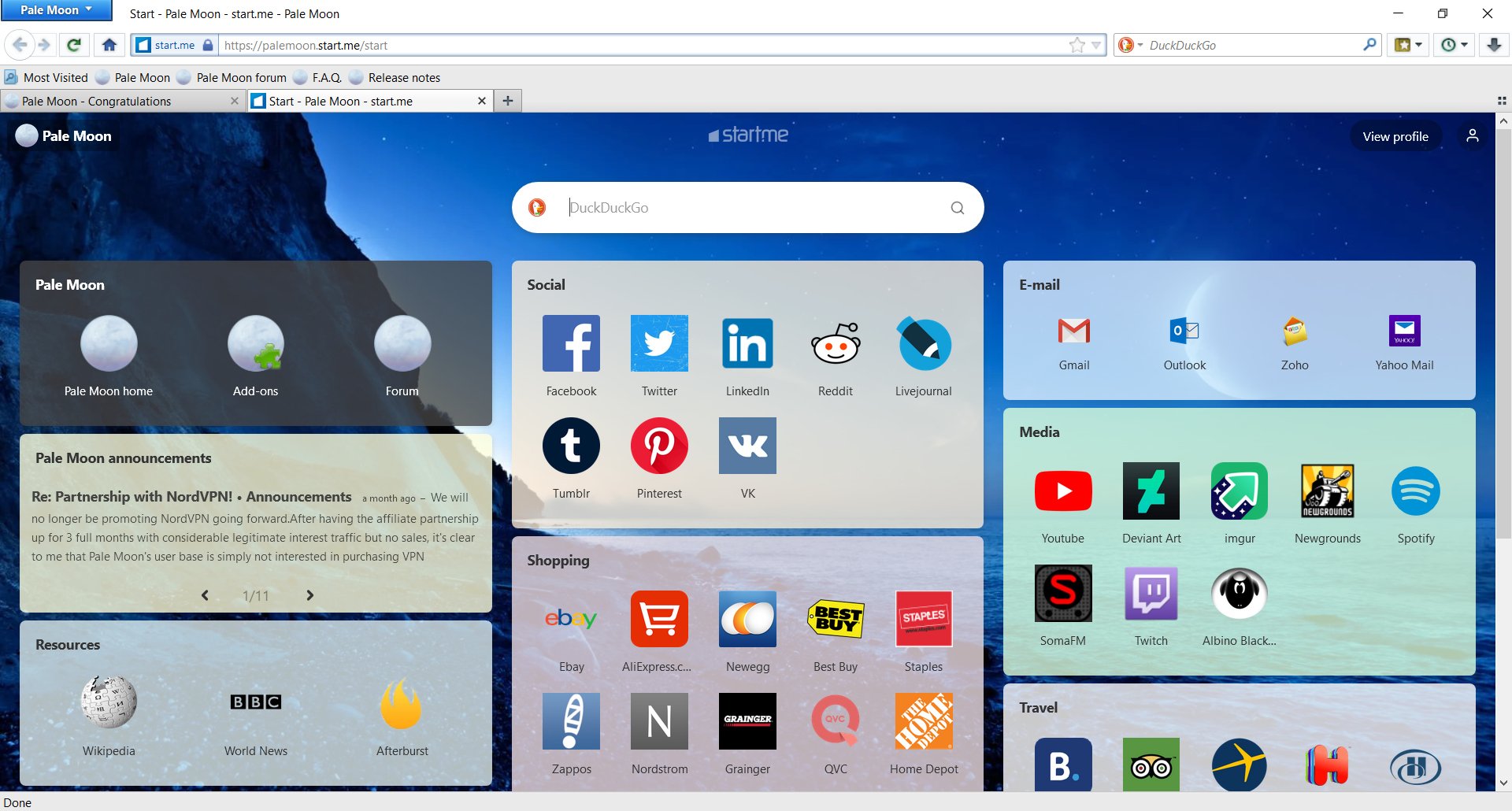
Pale Moon is an open-source, Goanna-based web browser that looks outdated compared to more popular ones.
But we are referring here only to its interface, which reminds us of the ancient Netscape navigator in certain aspects.
However, it is updated to work on all modern processors, and it works seamlessly on Windows, macOS, and Linux.
It has been drawing resources and add-ons from Firefox for years, but lately, Pale Moon has gone its own way.
It has its own add-on page, and themes, and you can customize it pretty much the way you want, so it’s up to you if you keep it slim and light or bling it.
Another exciting feature of Pale Moon is that it supports NPAPI plugins like Silverlight, Adobe Flash, and Java.
Which low-resource browsers are the fastest?
Our team of testers with a combined experience of more than 15 years has tested all the browsers found in this list to offer you some useful information about this topic.
For the testing sequence, our testing team has used the Base Mark Web 3.0 benchmark, which tests the browsers for various possible issues.
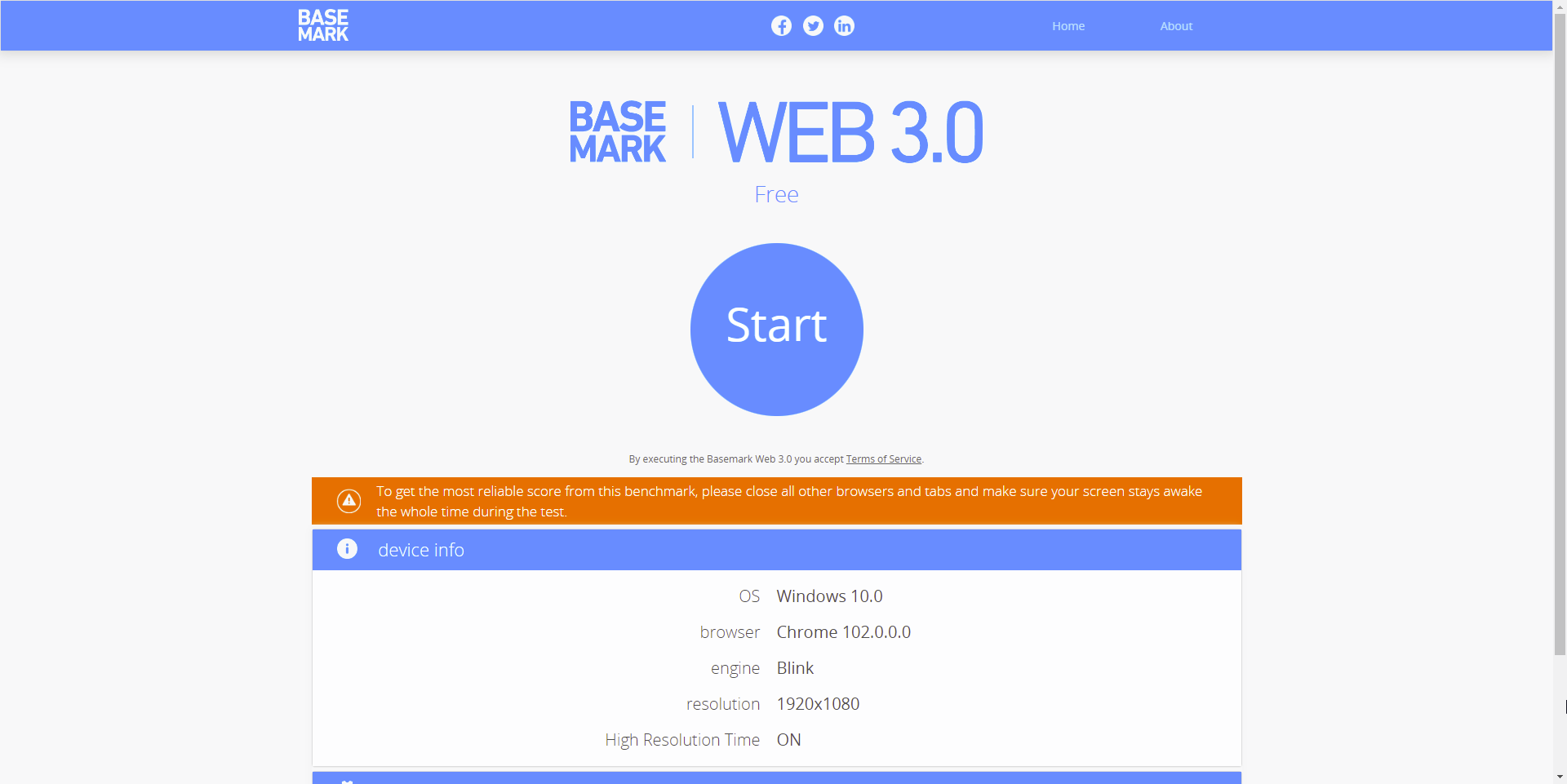
Before we jump into the actual results of these browsers when dealing with RAM usage, it is worth noting that a larger number is indicative of better results in the benchmark.
Let’s have a look at how the browsers compare among themselves:
| Browser | Benchmark Score |
|---|---|
| 1. UR Browser | 1413.48 |
| 2. Opera One | 835.6 |
| 3. Falkon | 800.6 |
| 4. Slim Browser | 675.43 |
| 5. SeaMonkey | 658.35 |
| 6. MyPal | 609.81 |
| 7. Maxthon | 581.35 |
| 8. Firefox | 567.65 |
| 9. Pale Moon | 533.02 |
| 10. K-Meleon | 332.91 - Browser wasn't able to run WebGL 2.0 Test |
| 11. Lunascape Orion | No benchmark tests chould be run |
| 12. Midori | No benchmark tests chould be run |
UR Browser has taken the lead in this test, scoring 1413.48 points, making this browser option the fastest on the market, while Opera One has scored 835.6 points, making it the second-best browser for systems with low resources.
Even though UR Browser has had better scores, our testers have decided to place Opera One in the first place, as the level of built-in tools, stability, security, speed, and customization features makes it far more capable than UR Browser.
Not all browsers from the table above were included in this guide, but if you want more information on the topic, feel free to explore the best 12 browsers for use on old or slow PCs.
In this article, we explored some of the best browser software options on the market that work perfectly fine without having a high impact on your system’s resources.
Opera One is the best option, giving you access to top-of-the-range online privacy and security features, great customization power, built-in VPN service, breakneck speeds, and low system requirements.
Please let us know what software option you chose from this list and your experience using it in the comments section below.


